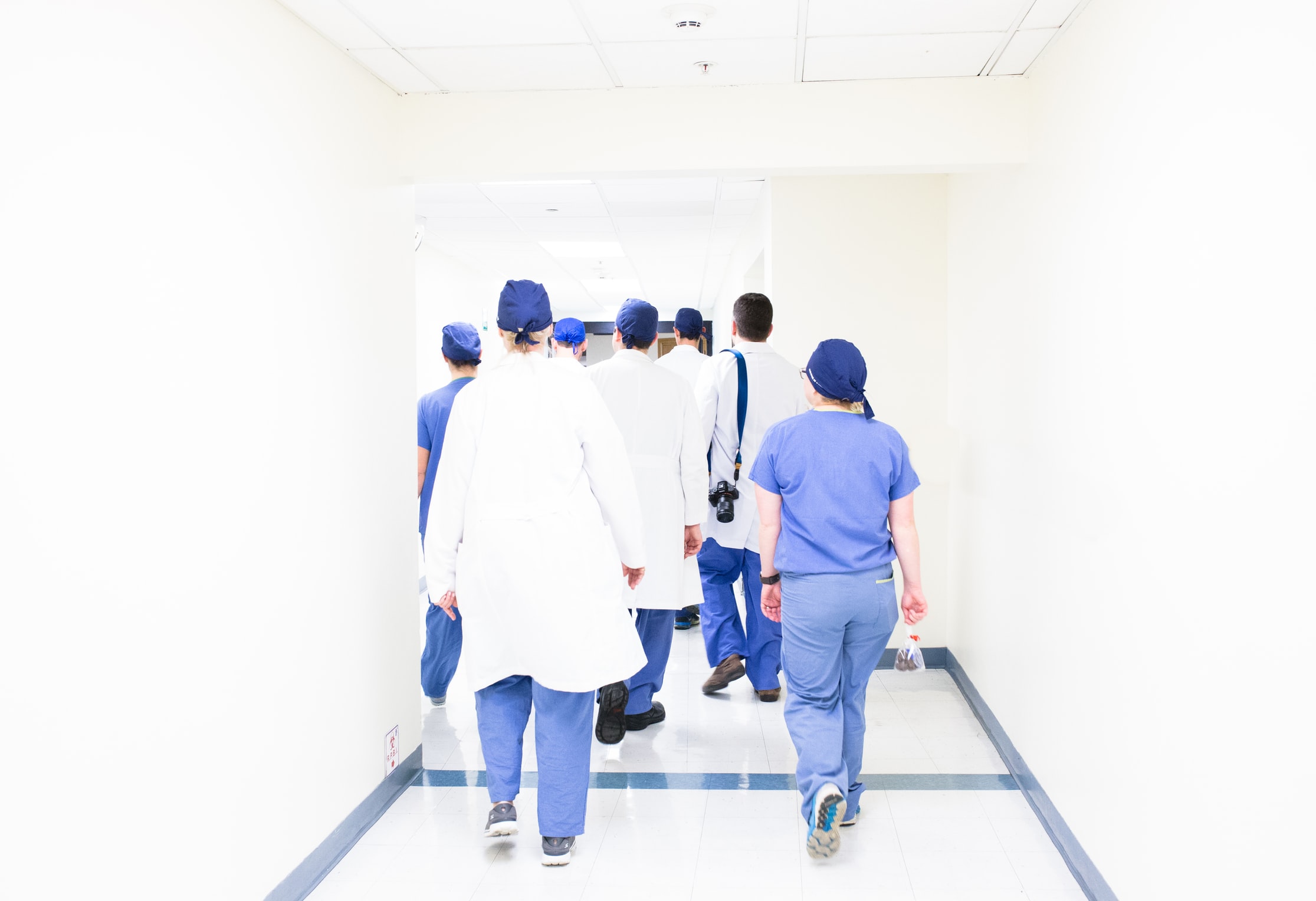Nearly half a decade ago, I was a nephrology fellow simultaneously enrolled in graduate school while pregnant with my third child.
When I wasn’t on service, I’d go to bed at 8:30pm, wake up 11pm, do homework until 3am, and wake up at 6am for clinic or class. Yet I was still able to remodel my home, go out to eat with friends, and enjoy 4 weeks of vacation a year. I did not believe it when my attending told me that life would only get busier. She was right.
Nowadays as a leader at a Fortune 500 health care company, my hospital call schedule is infrequent and my sleep is rarely interrupted by my “pager” (I put that in quotations because we don’t use pagers anymore); however, I often borrow from my sleep bank to work on a project or finish a presentation. Increasing levels of responsibility and accountability accompanied by business travel and the need to work across time zones in a global environment places significant challenges to my inner chi. If I am not careful, I find myself tipping the scale, placing myself at risk for becoming task-oriented, short-fused, and inefficient.
Below are a few personal hacks I’ve found useful to holistically maintain my true self to remain refreshed and centered at work.
1. Become an Essentialist/Minimalist
When you practice essentialism or minimalism, you learn to prioritize and to clear your schedule so that you can focus on activities that are most meaningful and have the highest value. For me, this means clearing the clutter from my home, my calendar, and my thoughts, which helps define how I choose to spend my time and energy. The best (and most entertaining) books I’ve read which helped my practice include Essentialism, The Disciplined Pursuit of Less by Greg McKeown; Marie Kondo’s The Life Changing Magic of Tidying Up, and The Life Changing Magic of Not Giving a F*ck by Sarah Knight, a humorous rendition applicable to dealing with your personal life. Yes, I’ve pretty much Marie Kondo-ed everything in my life that does not “spark joy” so I can be my best self at work and at home.
2. Limit Your Personal Sacrifices
Sometimes it is necessary to make a personal sacrifice to meet a deadline, address an urgent issue, or meet a business-critical need. However, we must be mindful of the physical and mental effects of working through meals, nights, weekends, and vacations. Keep high protein snacks with you such as jerky, dried fruits, and nuts to tide you over until you can have a decent meal. If you work late into many evenings or through entire weekends, request unofficial time off during the business week to recuperate. Schedule single PTO days every couple of months to catch up on sleep, groom, or veg out, and be sure to make it a tech-free day. Do not return from vacation on a Friday to save vacation days. You may be greeted with an urgent issue requiring you to work through the weekend which will leave you feeling even more exhausted than pre-vacation. I also recommend taking the entire week off or leaving later during the work week, returning to work after the weekend.
3. Invest in Yourself
Invest time in yourself by taking the time to learn from other people’s successes and failures. The best way to do this is by reading. They are so many great books out there which will hone the way you think and how you communicate. I personally go to the city library every Sunday and browse through the displays recommended by the librarians.
Invest energy in yourself by doing things that rejuvenate your soul. This will vary individually, but make sure it has a physical component to get you moving. For me, I personally love SoulCycle or U-Jam Fitness. In a class with anonymity, I can focus on music, the energy of the room, and how I feel.
Invest money in yourself by prioritizing or outsourcing activities. $80 can go long way. Every so often, I hire a babysitter to play with my children so that I can work on a project. Sometimes it is related to work, and sometimes it’s not. You need uninterrupted time free from every day distractions or parental obligations to think creatively and strategize your next steps. These moments should occur when you are alert and energized rather than waiting until everyone else is asleep. Even though it may sound ridiculous, I have also hired help to organize my shed, clean my refrigerator, and organize my children’s closets. Outsourcing these necessary but low-value activities enable you to redirect your time and energy to activities that are more enjoyable and impactful.
Lastly, don’t be too hard on yourself. Sometimes external circumstances spiral out of control such as a personal or family illness, personnel change, etc. No matter how much you plan or prepare yourself, losing one's balance happens. That’s okay. This is when resilience comes into play. Take a moment, rest, rely on your inner circle, recover, and come back with the ability to balance an even heavier and larger load with everything you’ve learned.



Leave your comments
Post comment as a guest